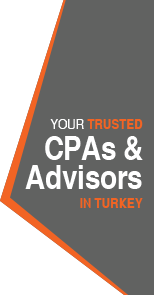Cerebra & ITA Joint Seminar in İzmir: The Impact of Occupational Frauds on Companies - 11 May 2016
 The seminar named “The Impact of Occupational Frauds on Companies and Detection and Prevention Methods“ jointly organized by Cerebra Accounting Audit Advisory and Ilter Turan Argun Legal &Advisory Firm was held on 11 May 2016, Wednesday at Swissotel Büyük Efes İzmir.
The seminar named “The Impact of Occupational Frauds on Companies and Detection and Prevention Methods“ jointly organized by Cerebra Accounting Audit Advisory and Ilter Turan Argun Legal &Advisory Firm was held on 11 May 2016, Wednesday at Swissotel Büyük Efes İzmir.
The keynote speakers were Ms. Aisha Willams, IFC Country Director and Mr. Tayfun Zaman, Ethics and Reputation Society General Secretary. Ms. Aisha Williams explained why fraud and corruption risks are important for IFC and how IFC considers fraud and corruption risks before making investments in private companies in Turkey. Mr. Tayfun Zaman talked about the changing business and legal environment taking into account the corruption risks. He also informed the participant as to the leading role of Ethics and Reputation Society in combating fraud and corruption in Turkey.
In the seminar Aydın Buğra İlter, lawyer and partner at ITA, shared his views on fraud and corruption taking into account the legal perspectives including laws and regulations in Turkey and FCPA, UK Bribery Act and other international conventions. Fikret Sebilcioğlu, forensic accountant and partner at Cerebra, shared his thoughts and perspectives on books&records and internal controls related to fraud. Fikret Sebilcioğlu also made a presentation regarding the findings of the ACFE 2016 Global Fraud Study.
Click here to view invitation of the seminar.
Objective of the Seminar
The 2016 ACFE Report to the Nations on Occupational Fraud and Abuse shows that the typical organisation loses 5% of revenues each year to fraud. If applied to the 2014 estimated Gross World Product, this translates to a potential projected global fraud loss of nearly $3.8 trillion.
Although the types of fraud that affect organisations vary widely, occupational fraud is particularly the pervasive form, which is defined as: “The use of one’s occupation for personal enrichment through the deliberate misuse or misapplication of the employing organisation’s resources or assets”. Put more simply, occupational frauds are those schemes in which a person defrauds his or her employing organisation. By its very nature, this form of fraud is a threat to all organisations that employ individuals to perform their business functions.
In addition, corruption which is another form of fraud poses increasing risks for companies. Companies conducting business overseas face growing legal and reputational risks. These risks have become even more important because of increasingly complex business regulations and conventions worldwide in the field of anti-corruption, in particular including the US Foreign Corrupt Practices Act (FCPA), the UK Bribery Act, the OECD Anti-Bribery Convention and the United Nations Convention against Corruption.
Fraud is ubiquitous; it does not discriminate in its occurrence. Although no entity can be fully immune to this threat, the truth is that anti-fraud controls can effectively reduce the likelihood and potential impact of fraud in companies.
This seminar has addressed the followings:
- Tangible and intangible consequences of occupational frauds on organisations,
- Risks and main fraud schemes that organisations face
- The methods to combat occupational frauds such as compliance and ethics programs, corporate governance tools, internal controls, internal and external audit.
- During the seminar the topics will be considered from legal and books and records/internal controls perspectives.
 |
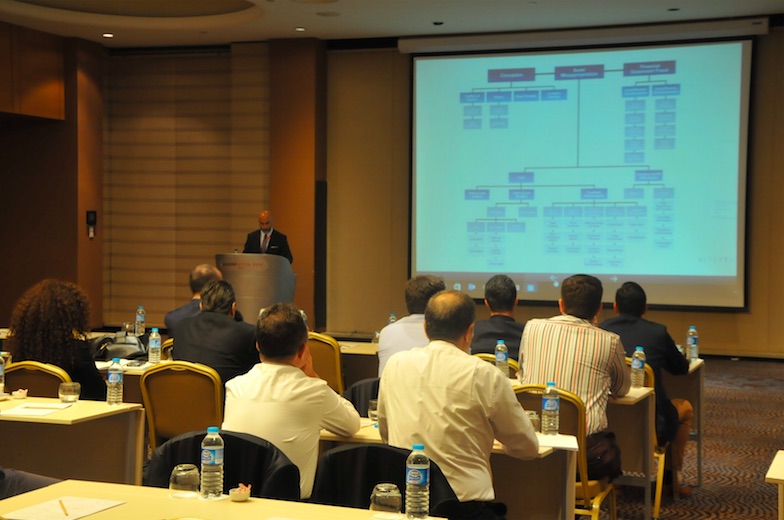 |
 |
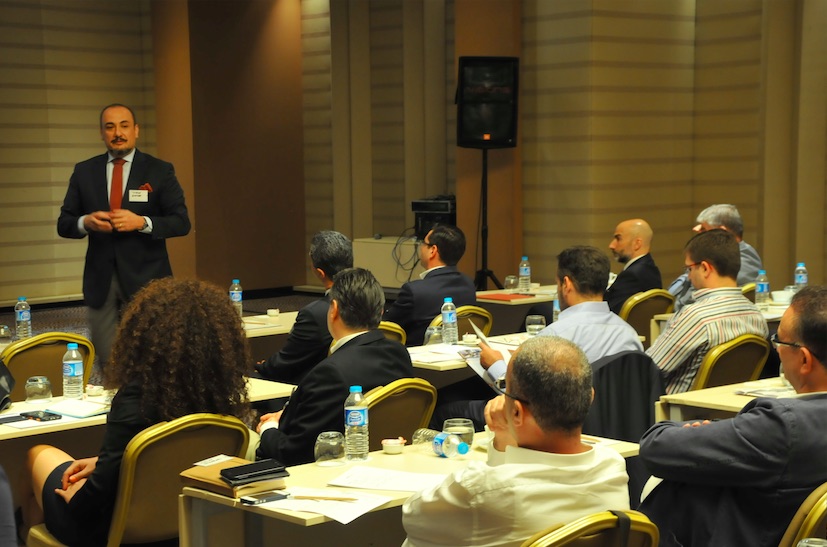 |
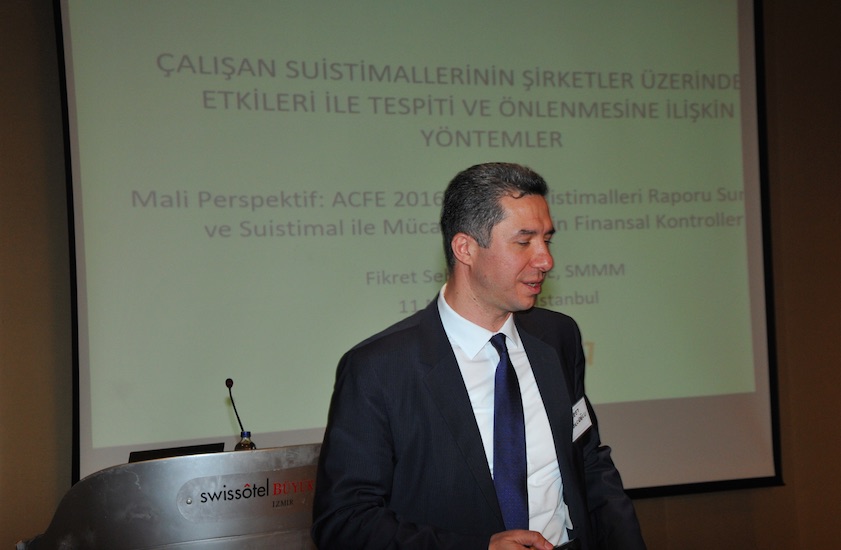 |
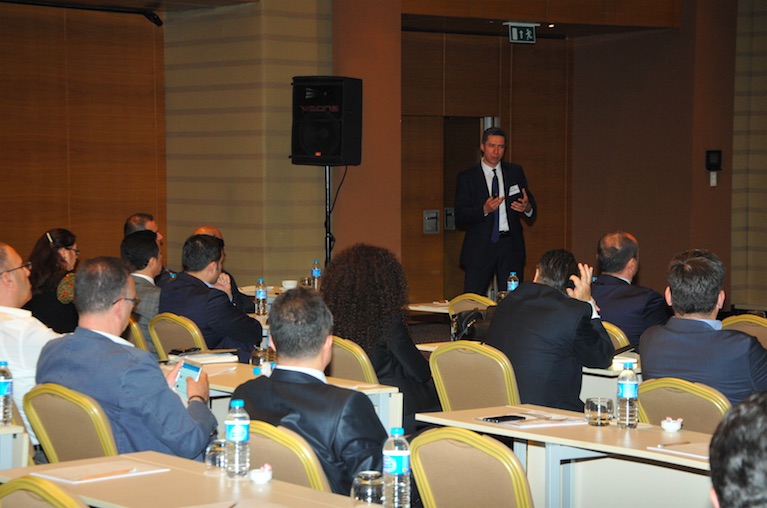 |
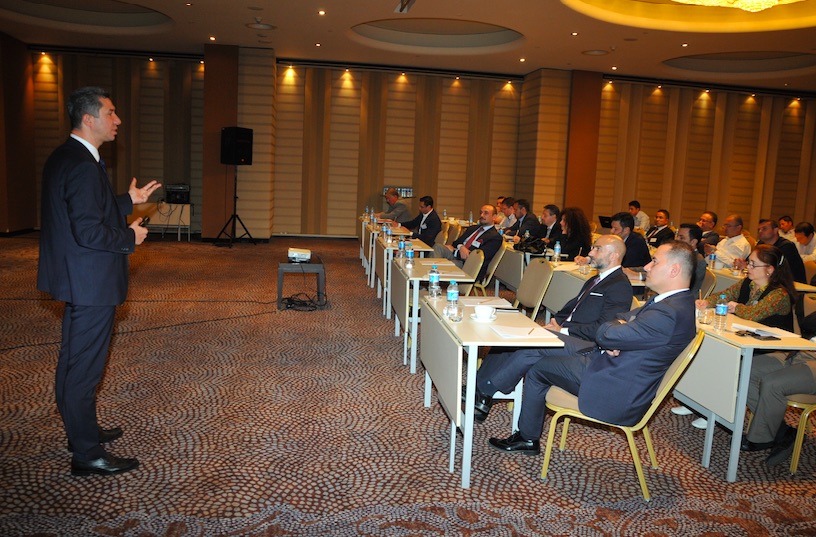 |
